Influencer Marketing Campaigns: A Powerful Strategy for Brand Promotion

In today's digital age, influencer marketing has emerged as one of the most effective strategies for brand promotion. With the rise of social media platforms, influencers have gained significant popularity and have become an integral part of marketing campaigns. This article will delve into the details of influencer marketing campaigns, exploring their benefits, challenges, and best practices.
- What is Influencer Marketing?
- The Benefits of Influencer Marketing Campaigns
- Challenges in Influencer Marketing Campaigns
- Best Practices for Influencer Marketing Campaigns
- 1. Define campaign objectives:
- 2. Identify the right influencers:
- 3. Build authentic relationships:
- 4. Create compelling content:
- 5. Track and measure performance:
- 6. Stay updated with regulations:
- Conclusion
What is Influencer Marketing?
Influencer marketing is a form of marketing that focuses on using influential individuals to promote a brand's products or services. These individuals, known as influencers, have a large following on social media platforms and possess the ability to influence the purchasing decisions of their audience. Influencer marketing campaigns involve collaborating with influencers to create content that showcases the brand's offerings and reaches a wider audience.
The Benefits of Influencer Marketing Campaigns
Influencer marketing campaigns offer numerous benefits for brands. Some of the key advantages include:
- Increased brand awareness: By partnering with influencers, brands can reach a larger audience and increase their brand visibility.
- Enhanced credibility: Influencers are seen as trusted individuals by their followers. When they endorse a brand, it adds credibility and trustworthiness to the brand's image.
- Targeted audience: Influencers have a specific niche and audience. By collaborating with the right influencers, brands can target their desired audience effectively.
- Improved engagement: Influencers have a highly engaged audience. When they promote a brand, it often leads to increased engagement, such as likes, comments, and shares.
- Cost-effective: Compared to traditional advertising methods, influencer marketing campaigns can be more cost-effective, especially for small and medium-sized businesses.
Challenges in Influencer Marketing Campaigns
While influencer marketing campaigns offer numerous benefits, they also come with their fair share of challenges. Some of the common challenges include:
- Finding the right influencers: Identifying the right influencers who align with the brand's values and target audience can be a daunting task.
- Ensuring authenticity: It is crucial to ensure that influencers genuinely believe in the brand and its offerings to maintain authenticity in their endorsements.
- Measuring ROI: Measuring the return on investment (ROI) of influencer marketing campaigns can be challenging, as it involves tracking various metrics and attributing sales to influencer efforts.
- Managing relationships: Building and maintaining strong relationships with influencers requires time and effort. Brands need to invest in nurturing these relationships to ensure long-term success.
- Dealing with negative publicity: In some cases, influencers may face negative publicity or controversies. Brands need to be prepared to handle such situations and mitigate any potential damage to their reputation.
Best Practices for Influencer Marketing Campaigns
To maximize the success of influencer marketing campaigns, brands should follow these best practices:
1. Define campaign objectives:
Before starting an influencer marketing campaign, it is essential to clearly define the campaign objectives. Whether it is increasing brand awareness, driving sales, or launching a new product, having specific goals will help guide the campaign strategy.
2. Identify the right influencers:
Thorough research is crucial to identify influencers who align with the brand's values and target audience. Look for influencers who have a genuine interest in the brand's niche and have an engaged and active following.
3. Build authentic relationships:
Invest time and effort in building authentic relationships with influencers. Engage with them regularly, provide them with valuable content, and show appreciation for their efforts. Building trust and rapport will lead to more successful collaborations.
4. Create compelling content:
Work closely with influencers to create engaging and authentic content that resonates with their audience. The content should highlight the brand's offerings in a creative and informative manner, while still aligning with the influencer's personal style.
5. Track and measure performance:
Implement tracking mechanisms to measure the performance of influencer marketing campaigns. Track metrics such as reach, engagement, website traffic, and conversions to assess the campaign's effectiveness and make data-driven decisions for future campaigns.
6. Stay updated with regulations:
As influencer marketing continues to evolve, it is essential for brands to stay updated with regulations and guidelines set by advertising authorities. Familiarize yourself with disclosure requirements to ensure compliance and maintain transparency with your audience.
Conclusion
Influencer marketing campaigns have become a powerful strategy for brand promotion in the digital era. By leveraging the influence and reach of social media influencers, brands can effectively increase brand awareness, credibility, and engagement. While challenges exist, following best practices and investing in authentic relationships with influencers can lead to successful influencer marketing campaigns. As the marketing landscape continues to evolve, influencer marketing is expected to remain a key component of brand promotion strategies.
Learn More :
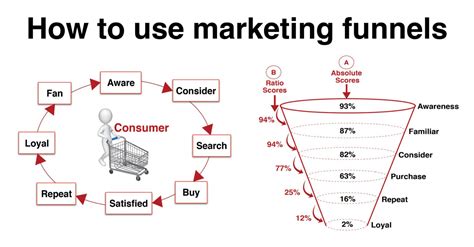 Marketing Funnel Optimization: Maximizing Conversion Rates and Revenue
22 December 2023 by Admin
Marketing Funnel Optimization: Maximizing Conversion Rates and Revenue
22 December 2023 by Admin
Marketing funnel optimization is a crucial aspect of any successful marketing strategy. It involves analyzing and improving each stage of the marketing funnel to maximize conversion rates and revenue....
 Marketing Automation Tools: Revolutionizing the Way Businesses Connect with Customers
22 December 2023 by Admin
Marketing Automation Tools: Revolutionizing the Way Businesses Connect with Customers
22 December 2023 by Admin
In today's digital age, businesses are constantly seeking innovative ways to streamline their marketing efforts and connect with customers more effectively. One such solution that has gained significa...
 Affiliate Marketing Programs: A Comprehensive Guide
22 December 2023 by Admin
Affiliate Marketing Programs: A Comprehensive Guide
22 December 2023 by Admin
Affiliate marketing programs have gained immense popularity in recent years as a lucrative way for individuals and businesses to earn passive income. This comprehensive guide will provide you with an ...
![The Complete List of Types of Marketing [30+ Effective Strategies]](/image/blogihisinfo/Video-marketing-strategies.jpg) Video Marketing Strategies: Boosting Your Business with Visual Content
22 December 2023 by Admin
Video Marketing Strategies: Boosting Your Business with Visual Content
22 December 2023 by Admin
In today's digital age, video marketing has become an essential tool for businesses to reach and engage with their target audience. With the rise of social media platforms and the increasing popularit...
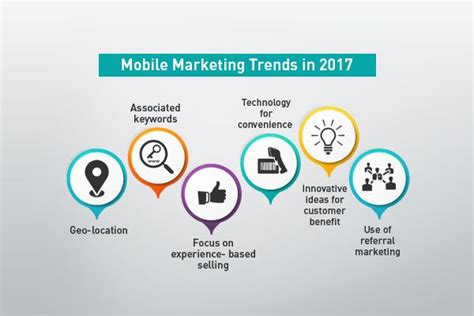 Mobile Marketing Trends: The Future of Digital Advertising
22 December 2023 by Admin
Mobile Marketing Trends: The Future of Digital Advertising
22 December 2023 by Admin
Mobile marketing has become an essential part of any successful digital advertising strategy. With the increasing use of smartphones and tablets, businesses are realizing the importance of reaching th...
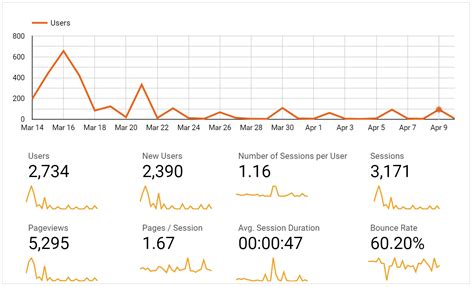 Digital Marketing Analytics: Unlocking the Power of Data
22 December 2023 by Admin
Digital Marketing Analytics: Unlocking the Power of Data
22 December 2023 by Admin
In today's digital age, businesses are constantly seeking ways to gain a competitive edge. One of the most effective strategies is leveraging digital marketing analytics to make data-driven decisions....
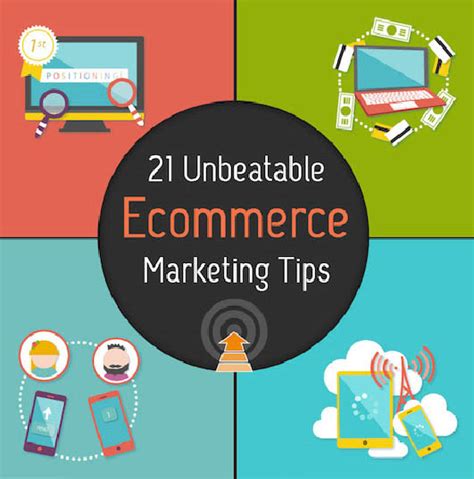 E-commerce Marketing: Boosting Your Online Business
22 December 2023 by Admin
E-commerce Marketing: Boosting Your Online Business
22 December 2023 by Admin
E-commerce marketing has become an essential strategy for businesses looking to thrive in the digital age. With the rise of online shopping, it is crucial for companies to establish a strong online pr...
 Email Marketing Solutions: Boosting Your Business with Effective Communication
22 December 2023 by Admin
Email Marketing Solutions: Boosting Your Business with Effective Communication
22 December 2023 by Admin
In today's digital age, email marketing has become an essential tool for businesses to reach out to their target audience and promote their products or services. With the right email marketing solutio...
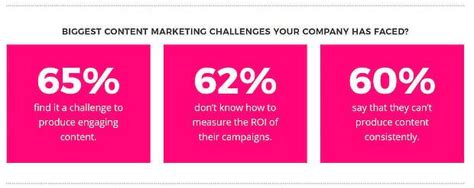 Content Marketing Strategy: A Comprehensive Guide
22 December 2023 by Admin
Content Marketing Strategy: A Comprehensive Guide
22 December 2023 by Admin
Content marketing has become an essential component of any successful marketing strategy. It involves creating and distributing valuable, relevant, and consistent content to attract and retain a clear...
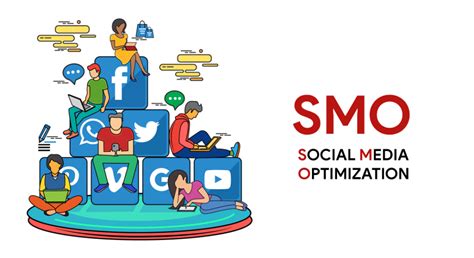 Social Media Marketing Agency: Boosting Your Online Presence
22 December 2023 by Admin
Social Media Marketing Agency: Boosting Your Online Presence
22 December 2023 by Admin
In today's digital age, social media has become an integral part of our lives. It has transformed the way we communicate, connect, and consume information. With billions of active users on various soc...
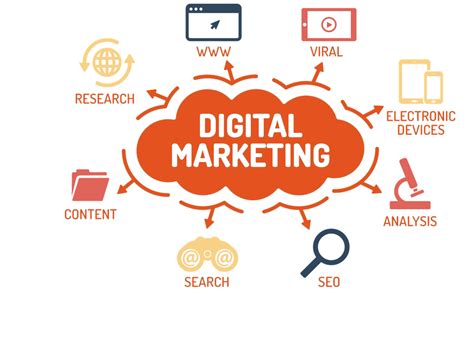 The Importance of Digital Marketing Services
22 December 2023 by Admin
The Importance of Digital Marketing Services
22 December 2023 by Admin
In today's digital age, businesses need to have a strong online presence in order to stay competitive. This is where digital marketing services come into play. Digital marketing encompasses a wide ran...
 The Rise of Big Data Analyst Jobs
22 December 2023 by Admin
The Rise of Big Data Analyst Jobs
22 December 2023 by Admin
In today's digital age, data has become one of the most valuable assets for businesses. With the increasing amount of information being generated every second, companies are now turning to big data an...
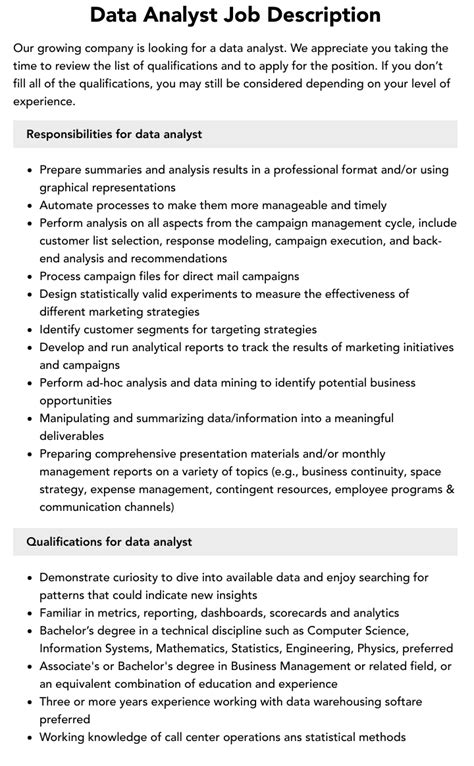 The Job Description of a Big Data Analyst
22 December 2023 by Admin
The Job Description of a Big Data Analyst
22 December 2023 by Admin
Big data has become an integral part of many industries, and companies are increasingly relying on data analysis to make informed decisions. As a result, the demand for big data analysts has grown sig...
 Big Data Analyst in Southwest
22 December 2023 by Admin
Big Data Analyst in Southwest
22 December 2023 by Admin
Big data has become an integral part of businesses across various industries. It refers to the massive volume of structured and unstructured data that organizations collect on a daily basis. This data...
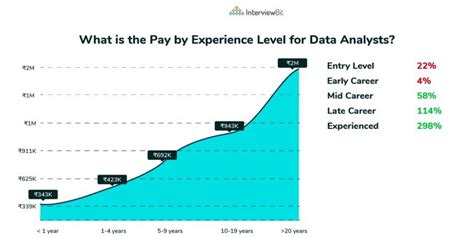 The Salary of a Big Data Analyst: Exploring the Lucrative Career Path
22 December 2023 by Admin
The Salary of a Big Data Analyst: Exploring the Lucrative Career Path
22 December 2023 by Admin
Big data has become an integral part of modern businesses, and the demand for skilled professionals who can analyze and interpret this vast amount of information is on the rise. One such profession th...
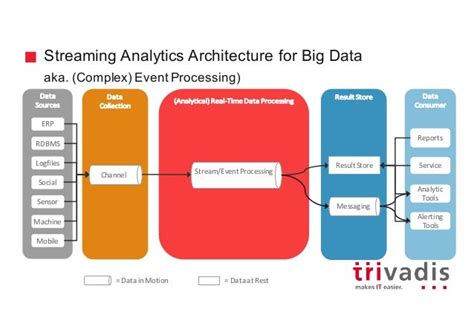 Big Data Analytics Architecture: Unlocking the Power of Data
22 December 2023 by Admin
Big Data Analytics Architecture: Unlocking the Power of Data
22 December 2023 by Admin
Big data analytics has emerged as a game-changer in today's data-driven world. With the exponential growth of data, organizations are realizing the need to harness the power of big data to gain valuab...
 Big Data Engineer vs Big Data Analyst: Understanding the Roles and Responsibilities
22 December 2023 by Admin
Big Data Engineer vs Big Data Analyst: Understanding the Roles and Responsibilities
22 December 2023 by Admin
In today's digital age, data has become the lifeblood of businesses across industries. The ability to collect, analyze, and derive insights from large volumes of data has become crucial for organizati...
 How to Become a Big Data Analyst
22 December 2023 by Admin
How to Become a Big Data Analyst
22 December 2023 by Admin
Big data has become an integral part of many industries, and the demand for skilled big data analysts is on the rise. These professionals are responsible for analyzing large sets of data to uncover pa...
 Big Data Analytics: Definition and Importance
22 December 2023 by Admin
Big Data Analytics: Definition and Importance
22 December 2023 by Admin
Big data analytics refers to the process of examining large and complex datasets to uncover hidden patterns, correlations, and other valuable insights. It involves the use of advanced analytics techni...
 Big Data Analytics Companies: Revolutionizing Data-driven Decision Making
22 December 2023 by Admin
Big Data Analytics Companies: Revolutionizing Data-driven Decision Making
22 December 2023 by Admin
In today's digital age, data is being generated at an unprecedented rate. From social media posts to online transactions, every interaction leaves a digital footprint. This massive amount of data, kno...
 Big Data Analytics Applications: Revolutionizing Industries
22 December 2023 by Admin
Big Data Analytics Applications: Revolutionizing Industries
22 December 2023 by Admin
Big data analytics has emerged as a game-changer in various industries, revolutionizing the way businesses operate and make decisions. With the exponential growth of data in today's digital world, org...
 Big Data Analyst at Southwest Airlines
22 December 2023 by Admin
Big Data Analyst at Southwest Airlines
22 December 2023 by Admin
Southwest Airlines is one of the largest low-cost carriers in the world, serving millions of passengers each year. With a commitment to providing excellent customer service and affordable travel optio...
 The Importance of Big Data Analyst Certification
22 December 2023 by Admin
The Importance of Big Data Analyst Certification
22 December 2023 by Admin
In today's digital age, data has become one of the most valuable assets for businesses. The ability to collect, analyze, and interpret large volumes of data has become crucial for making informed busi...
 Senior Big Data Analyst Certification: Unlocking the Power of Data
22 December 2023 by Admin
Senior Big Data Analyst Certification: Unlocking the Power of Data
22 December 2023 by Admin
In today's digital age, data has become the new currency. Organizations across industries are collecting vast amounts of data, but the real value lies in the ability to analyze and derive insights fro...
 The Role of Business Analyst in Big Data
22 December 2023 by Admin
The Role of Business Analyst in Big Data
22 December 2023 by Admin
Big data has become a buzzword in the business world, and organizations are increasingly relying on it to gain insights and make informed decisions. However, the sheer volume and complexity of big dat...